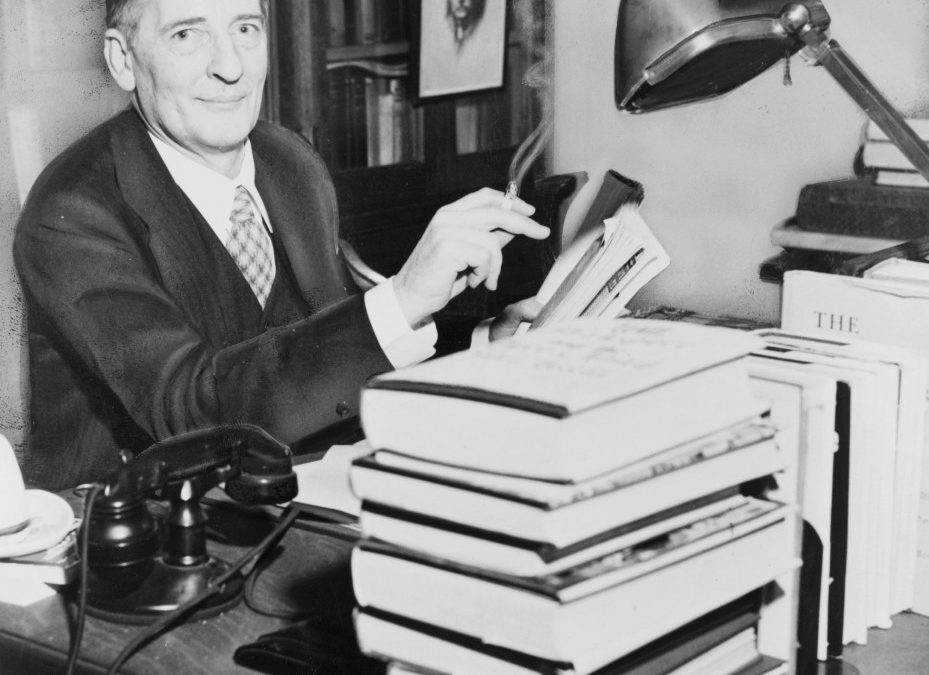
Behind the Obvious
There is always something behind the obvious. Always.
It’s what creates mystery and curiosity. If life were utterly transparent, many people would just check out. As Hamlet considers—do we repudiate the hurts and insults of life and take ourselves out? But what follows? That’s the stopper. There are times when ending it is not so bad an option. The meaninglessness. The madness. The who knows what? So why do we stay?
Because of what’s behind the obvious, which is either compelling and we want to discover, or terrifying and we’re not up to the risk. The Behind-the-Obvious is the dark and the light magic of life, the obsession for those who can’t resist and the bludgeon for those who are bled of courage and can’t act.



